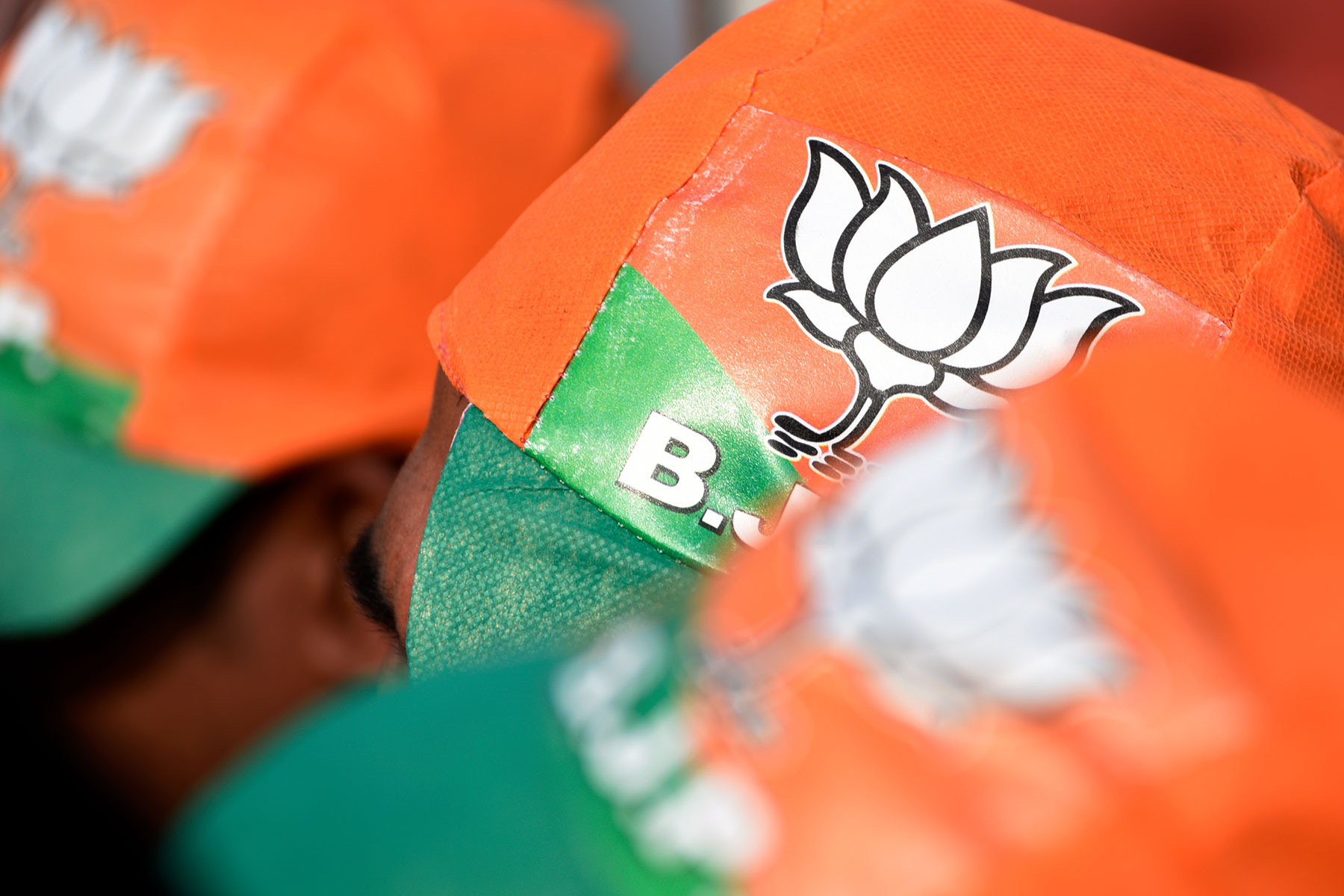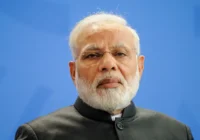India’s abstention in a recent vote at the UN Security Council over Russian threats to Ukraine raises serious questions over India being a key ally of the West in the years to come. Indian leaders failed to stand up for Ukrainian sovereignty because of India’s close relations with Russia, a major supplier of military equipment.
For anyone who wants to explain away India’s conduct at the United Nations as an act of national interests, there is more to consider. India is sliding deeper into Hindu — as opposed to a diverse Indian — nationalism, diminishing its ability to be a long-term partner for Western nations.
Modi’s India Is Becoming a Farce
India’s slowing economic growth, declining investment in its military capabilities and social unrest have prevented the country from modernizing its army and fulfilling its strategic goals. But it is the ideology of its current leaders that is jeopardizing the notion of India as a dependable partner of the US in the Indo-Pacific region.
Instead of investing in human capital and health care, the focus of Prime Minister Narendra Modi’s government has been on rewriting history through crowdsourcing. Instead of further opening the Indian economy through policies and reforms that would boost growth, protectionism and regulatory policies are rising. India is slipping on the global freedom and democracy indices, with Freedom House downgrading it to “partly free.”
“Undivided India”
Leaders of the ruling Bharatiya Janata Party (BJP) continue to mobilize India’s majority Hindus to vote for it by targeting religious minorities, particularly Muslims and Christians. They describe Hinduism as an Indian religion, while Islam and Christianity are denigrated as “foreign” faiths transplanted onto India’s soil. Extremist Hindu leaders, including some from the ruling party, have even gone so far as to call for genocide against 200 million Indian Muslims.
A 2021 Pew Survey on “Religion in India” demonstrated that tolerance for other faiths remains strong within Indian society. But a larger number of the majority (Hindus) now see religion as the core of their identity and support calls for a Hindu rashtra (state). This creates a dilemma for relations between India and other countries.
For example, Pushkar Singh Dhami, the chief minister of the state of Uttarakhand, which borders Tibet and Nepal, was embroiled in controversy for something he posted on Twitter six years ago. The tweet showed a map claiming South and Southeast Asia as part of an “undivided India,” known as Akhand Bharat. In December 2021, an Indian broadcaster showed the entire region from the Middle East through South and Southeast Asia as belonging to Akhand Bharat, representing the reunification of territories influenced by India during ancient times.
This undermines India’s projection of itself as a pluralist and open society, where minorities were respected, not just tolerated. For six decades after independence in 1947, India’s pluralism created a groundswell of respect, goodwill and admiration throughout the free world. Even India’s non-alignment during the Cold War did not interfere with its positive image. Most Americans appreciated Indian democracy and diversity and showed understanding when poverty-ridden India preferred not to side with the United States against the Soviet Union.
Things Have Changed
But things have changed since the end of the Cold War. India has made significant progress in reducing poverty. For two decades, there has been talk of India as a rising power. Americans have expected India to boost its economic growth, modernize its military and play a bigger role in confronting China. In 2010, President Barack Obama declared relations between India and the United States as the “defining partnership of the 21st century.”
That desire keeps getting thwarted by India’s leadership, particularly Prime Minister Modi and his allies in the BJP. Thus, India’s economic growth has slowed down, even before the impact of the COVID-19 pandemic, and is unlikely to recover quickly. More significantly, India continues to expand trade with China, reaching $125 billion in 2021. This is despite China’s military pressure on India along their disputed border. That should lay to rest the expectation of India confronting China anytime soon.
Moreover, the commitment to democracy, human rights and liberal values, which made India a natural Western partner, appear under increasing threat.
Americans who have spent the last few years praising India also need some appraising of India. It might be time to acknowledge that India’s performance has been underwhelming to merit the kind of expectations that have formed the basis of recent US policy.
The views expressed in this article are the author’s own and do not necessarily reflect Fair Observer’s editorial policy.
Support Fair Observer
We rely on your support for our independence, diversity and quality.
For more than 10 years, Fair Observer has been free, fair and independent. No billionaire owns us, no advertisers control us. We are a reader-supported nonprofit. Unlike many other publications, we keep our content free for readers regardless of where they live or whether they can afford to pay. We have no paywalls and no ads.
In the post-truth era of fake news, echo chambers and filter bubbles, we publish a plurality of perspectives from around the world. Anyone can publish with us, but everyone goes through a rigorous editorial process. So, you get fact-checked, well-reasoned content instead of noise.
We publish 2,500+ voices from 90+ countries. We also conduct education and training programs
on subjects ranging from digital media and journalism to writing and critical thinking. This
doesn’t come cheap. Servers, editors, trainers and web developers cost
money.
Please consider supporting us on a regular basis as a recurring donor or a
sustaining member.
Will you support FO’s journalism?
We rely on your support for our independence, diversity and quality.








Comment